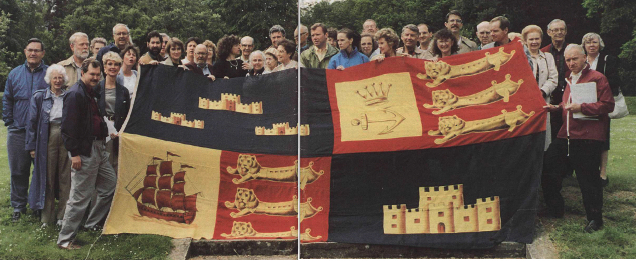


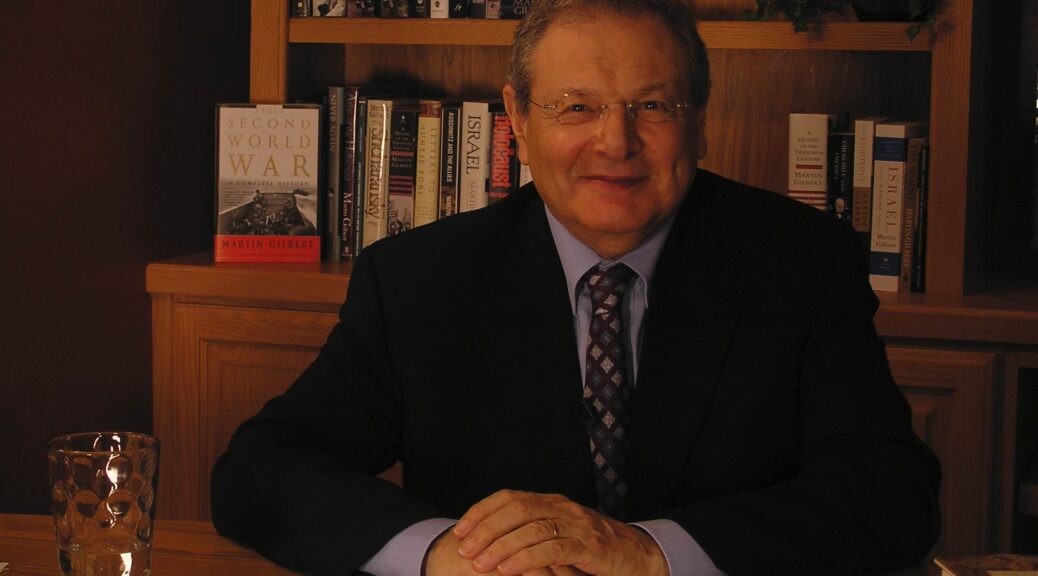
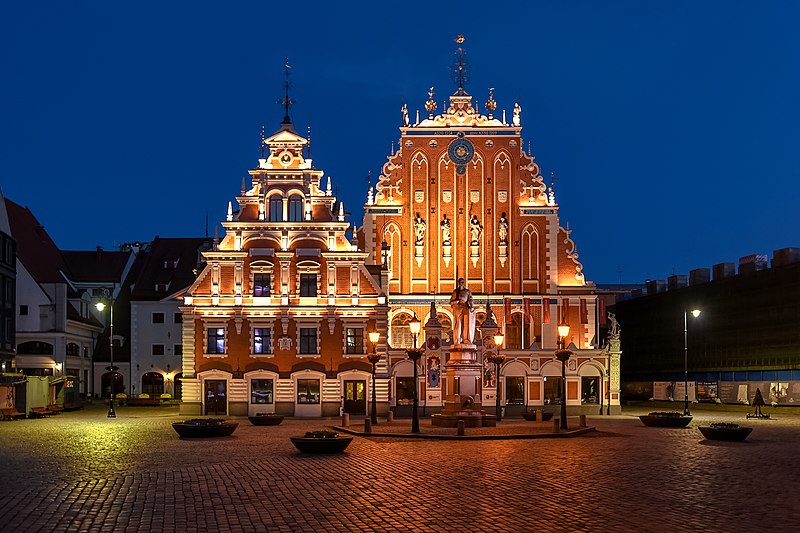
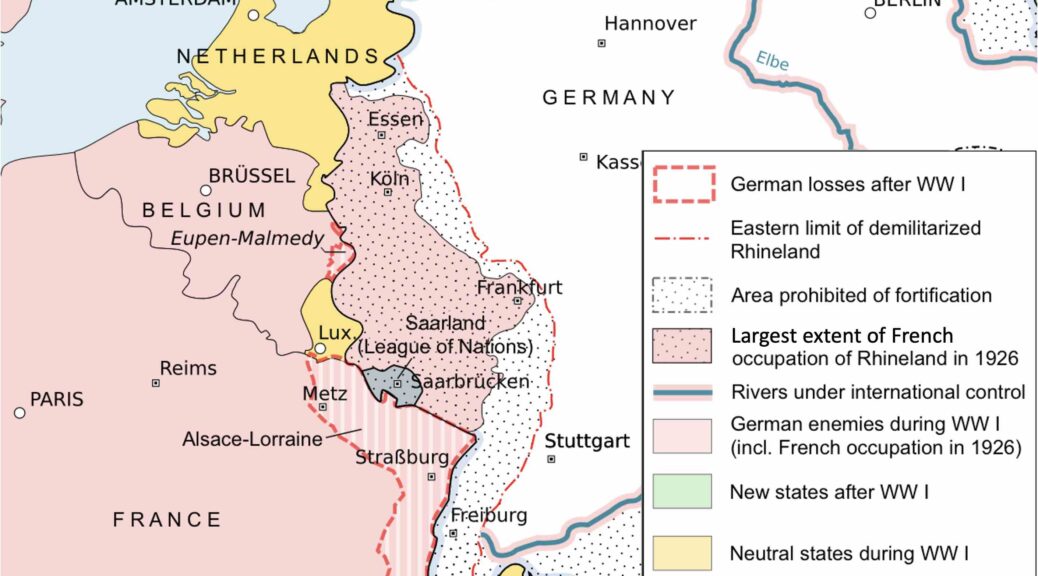
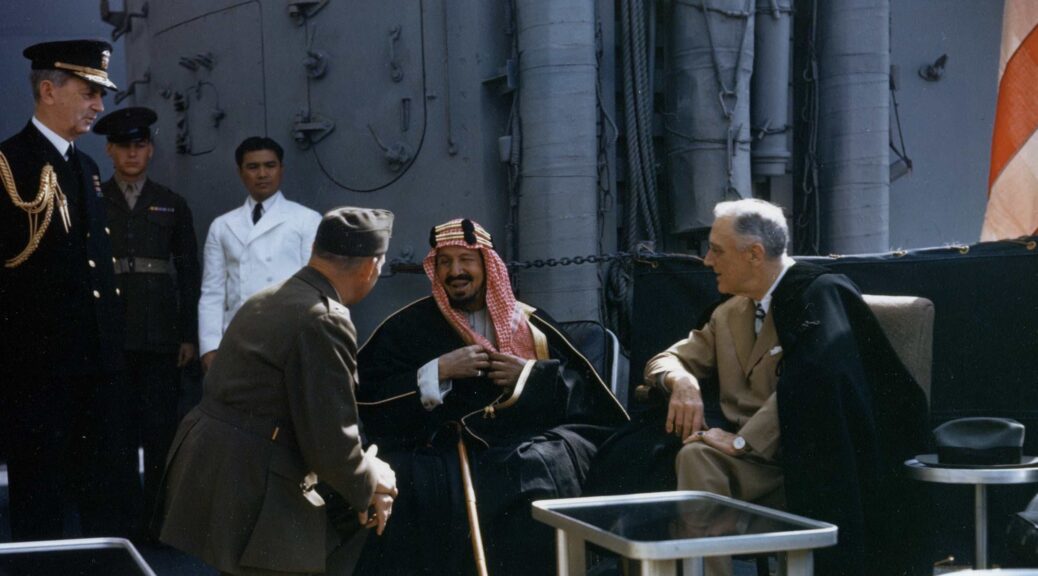
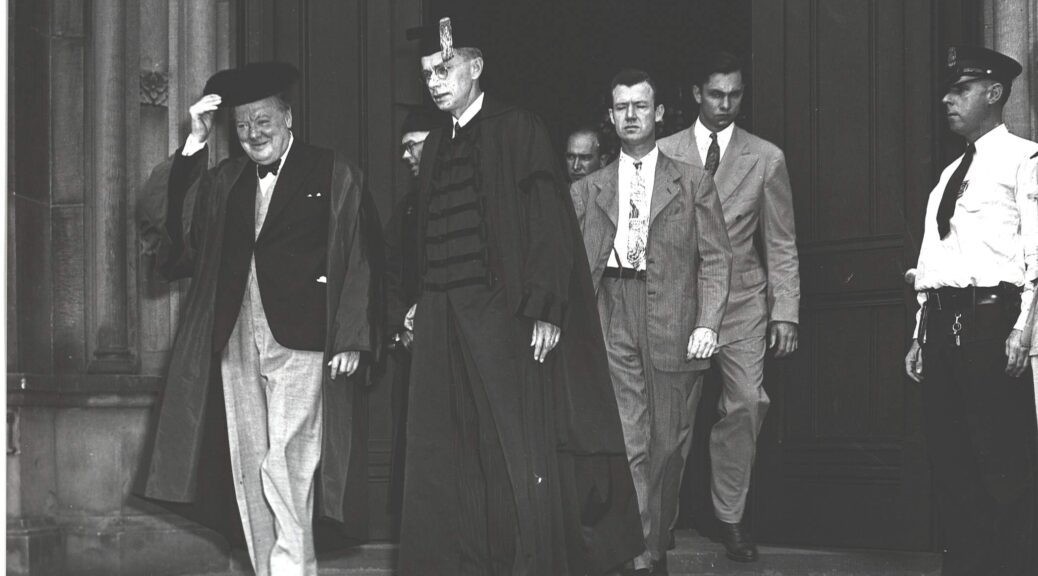
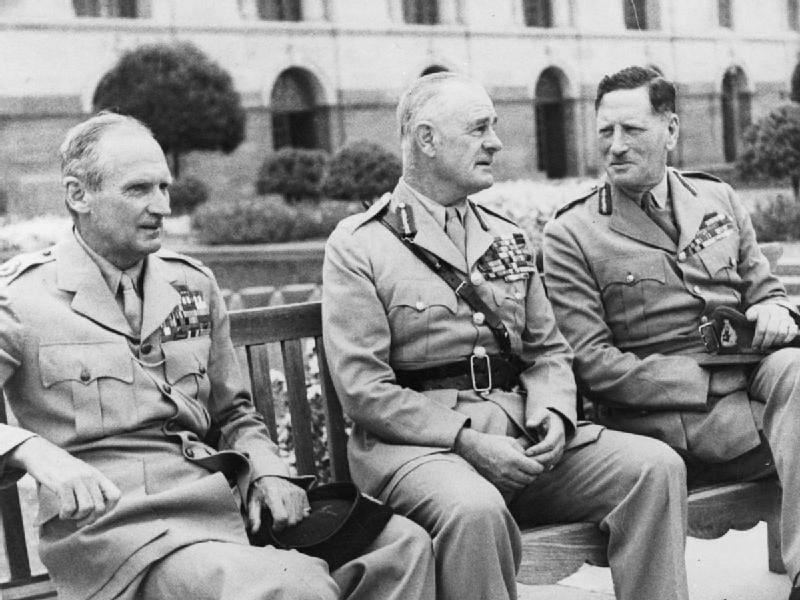
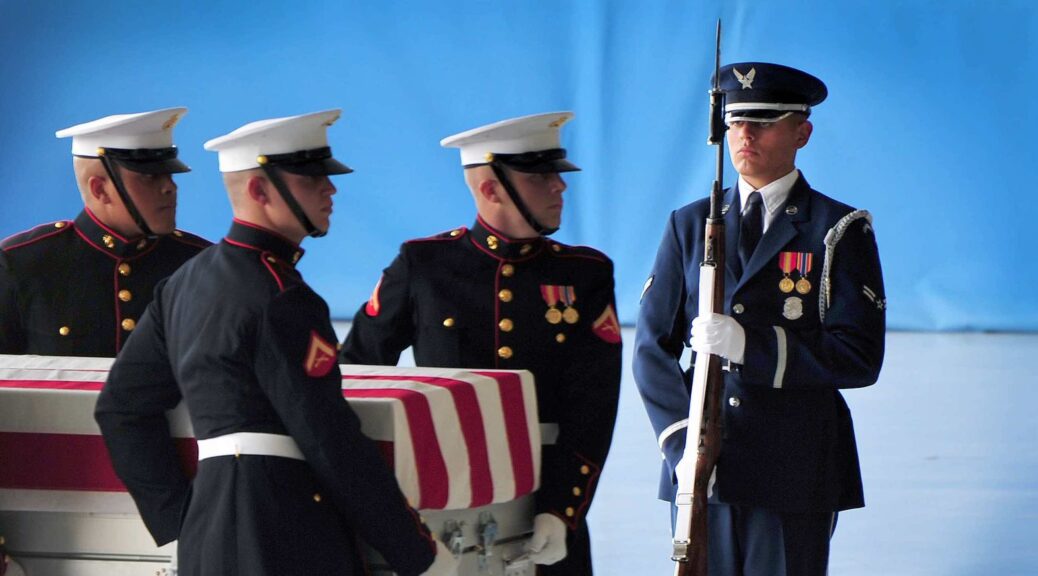
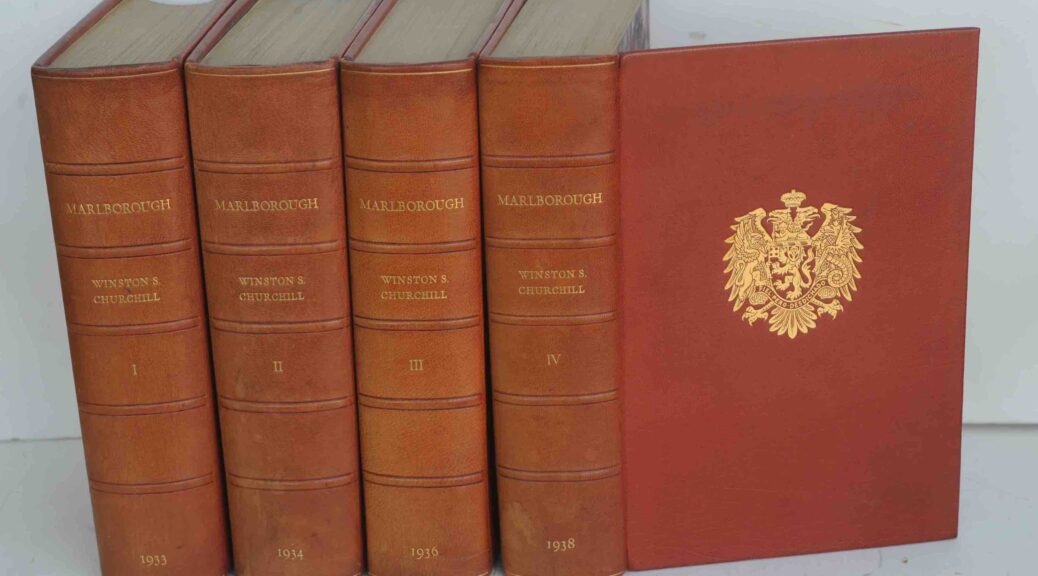
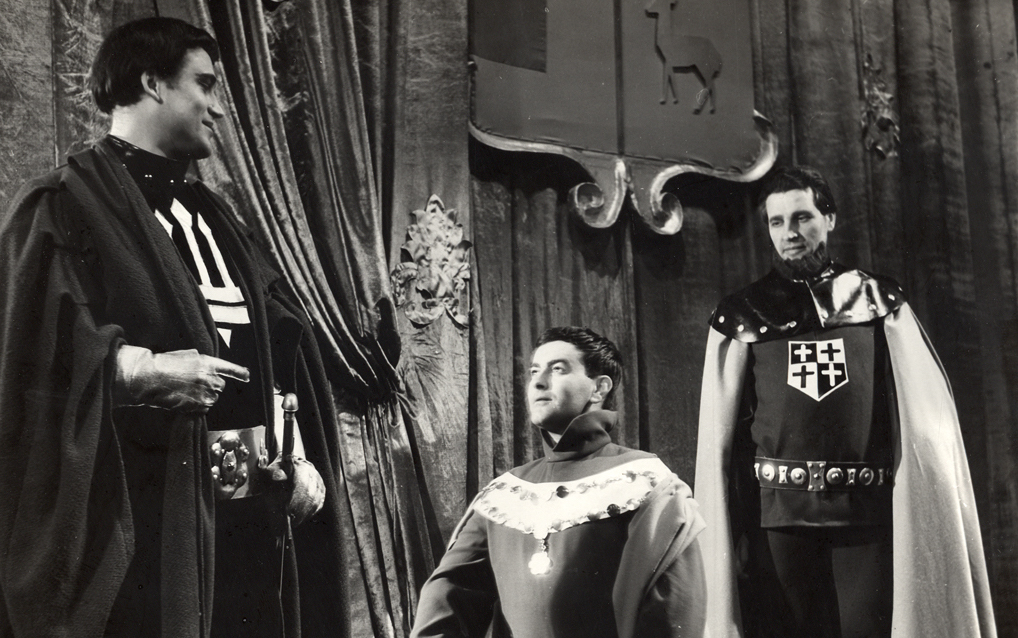
“Allusions to Richard II” is extracted from an article for the Hillsdale College Churchill Project. For the original text, click here.
Richard II and “This Sceptr’d Isle.”We are asked: “Churchill quoted Shakespeare’s famous lines, ‘This scepter’d isle,’ in one of his speeches. They are the words of John of Gaunt, Duke of Lancaster, from Richard II, Act 2, sc. 1. Could you direct me to the speech?”
Churchill knew his Shakespeare and had a near-photographic memory. Darrell Holley’s Churchill’s Literary Allusions tells us he alludes to Shakespeare more than any other English author. King…